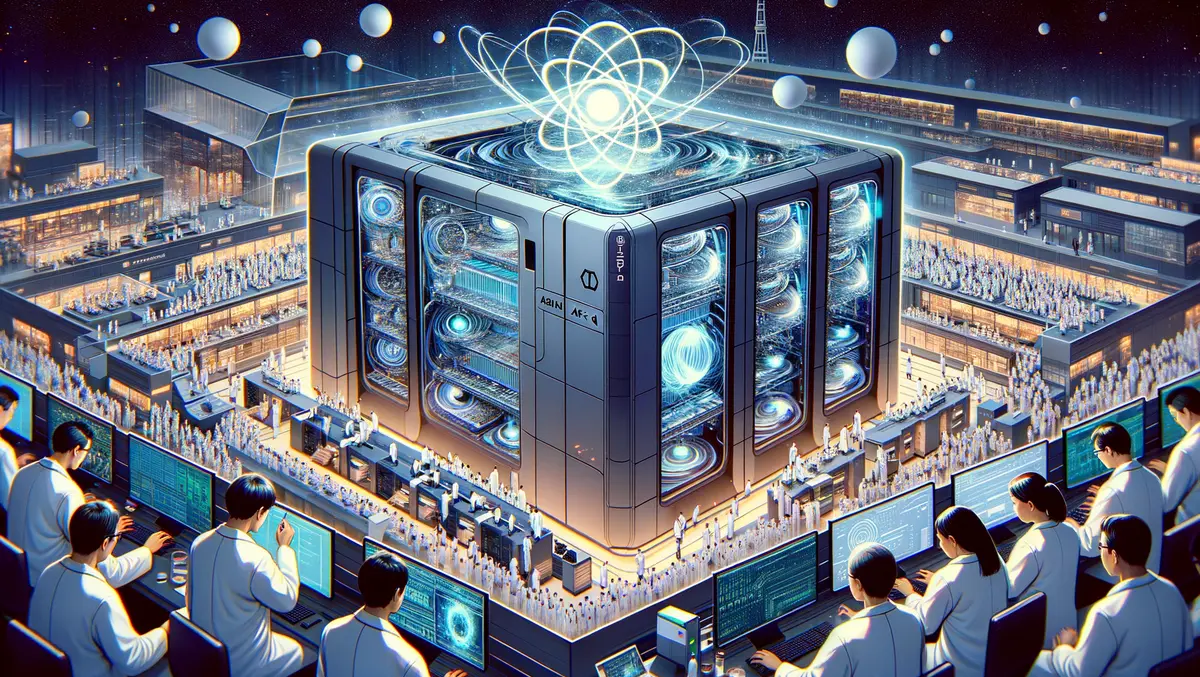
The newly announced ABCI-Q supercomputer, a powerhouse for Japan's quantum computing initiative, will be driven by NVIDIA's comprehensive platforms for accelerated and quantum computing. ABCI-Q aims to bolster the country's high-fidelity quantum simulations for multidisciplinary research, powered by NVIDIA's cutting-edge Hopper Architecture and the NVIDIA CUDA-Q platform. The supercomputer boasts over 2,000 NVIDIA H100 Tensor Core GPUs dispersed across 500+ nodes interconnected by NVIDIA Quantum-2 InfiniBand.
Built by Fujitsu, and situated within the Global Research and Development centre for Business by Quantum AI Technology (G-QuAT) at the National Institute of Advanced Industrial Science and Technology (AIST), ABCI-Q's expected deployment is scheduled for early next year. The supercomputer will be harmonised with future quantum hardware, catalysing high-performance simulation essential to elucidate the most complex conundrums in quantum computing.
Tim Costa, Director of High Performance Computing and Quantum Computing at NVIDIA, lauded the collaboration: "CUDA-Q and the NVIDIA H100 equip pioneers such as those at ABCI to make critical advances and speed the development of quantum-integrated supercomputing." Costa's sentiments were echoed by Masahiro Horibe, deputy director of G-QuAT/AIST, who emphasized that ABCI-Q would allow Japanese researchers to explore quantum computing technology to expedite practical application development.
Incorporating NVIDIA CUDA-Q and NVIDIA H100 platforms, ABCI-Q will assist scientists in navigating the emerging frontiers of quantum computing research. Aligned with the nation's quantum technological innovation strategy, ABCI-Q has been conceptualised to introduce new opportunities through quantum technology, spanning sectors from AI and energy to biology.
ABCI-Q can serve as a dynamic platform for many computational advancements. It offers the potential for seamless progression in quantum circuit simulation and quantum machine learning. Furthermore, it could catalyse the development of classical-quantum hybrid systems and the creation of novel algorithms inspired by quantum technology. It’s envisioned to be a pivotal element in Japan's ambitions towards quantum technological advancement.
Partnerships are a key element in ABCI-Q's strategic outlook. NVIDIA and G-QuAT/AIST are working towards future collaboration on industrial applications employing the ABCI-Q's unique capabilities. Such proactive industry-academia relationships underline the spirit of cooperative innovation that fuels the progression of quantum computing technology and its varied applications.
.webp)